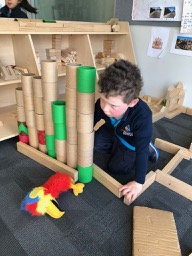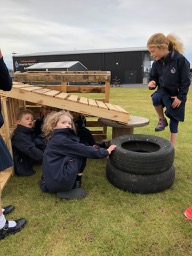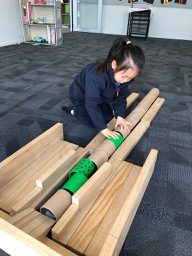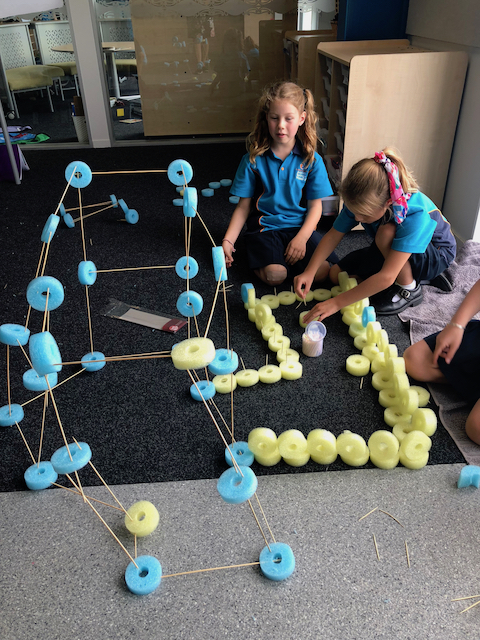Play according to Albert Einstein, is the highest form of research in which children can build a foundation for a lifetime of learning. So it is no coincidence that it is part of learning at Ararira Springs Primary,
Play is integral to our programmes, supporting strong literacy and numeracy development and allowing tamariki to have a choice in their learning, which increases engagement and develops the whole child.
Research over many years provides evidence that play is the most successful and valuable way in which children learn and engage in learning. More recently the advancement in neuroscience has identified the link between learning through play, physical movement and development of key executive functioning skills which we know are important for adults in the workforce.
In New Zealand, we are fortunate enough to have a world-leading Curriculum, which, along with Te Whariki (our NZ early childhood curriculum) is based on research and not ideology, supporting rich play opportunities for our tamariki.
So why play?
Nathan Mikaere-Wallis, a leading expert in neuroscience states it is important we understand a child’s brain development in order for them to achieve and we will get better outcomes for students if we teach them at their cognitive stage. Play allows us to do this
Play may seem simple, yet it is profound to a child’s development.
Play is innate and makes learning something that happens naturally and happily, when a child laughs and has wonderings, investigates, imagines and creates.
Play can cover all of the curriculum strands and key competencies, it is open-ended and allows children to develop at their own pace. It sets the scene for rich oral language opportunities which are essential for reading and writing.
Play allows children to work independently or in groups and gives opportunities to develop problem-solving and conflict resolution strategies. It allows children to take responsibility for their learning – It Starts With Me!
Finally, play develops creativity, which Sir Ken Robinson acknowledges is the most important attribute needed for this time. Robinson argues convincingly that “we don’t grow into creativity, we are educated out of it”.
Our teachers provide invitations or provocations to spark imagination, respond to urges, discover passions and develop strengths. Thorugh observing, prompting, questioning and supporting, children can follow an area of interest or be introduced to something new they may never have gravitated towards themselves.
It is the teacher’s role to identify strengths, make links to the curriculum and assess learning either of curriculum content or key competencies. Observations focus more on the learning process rather than the final product.
Children learn as they play and practise what they are learning. Most importantly though, play is fun! At Ararira Springs we want learning to be fun, relevant and engaging. Play, our highest form of research, does this, creating caring, curious and capable learners.




Recent Comments